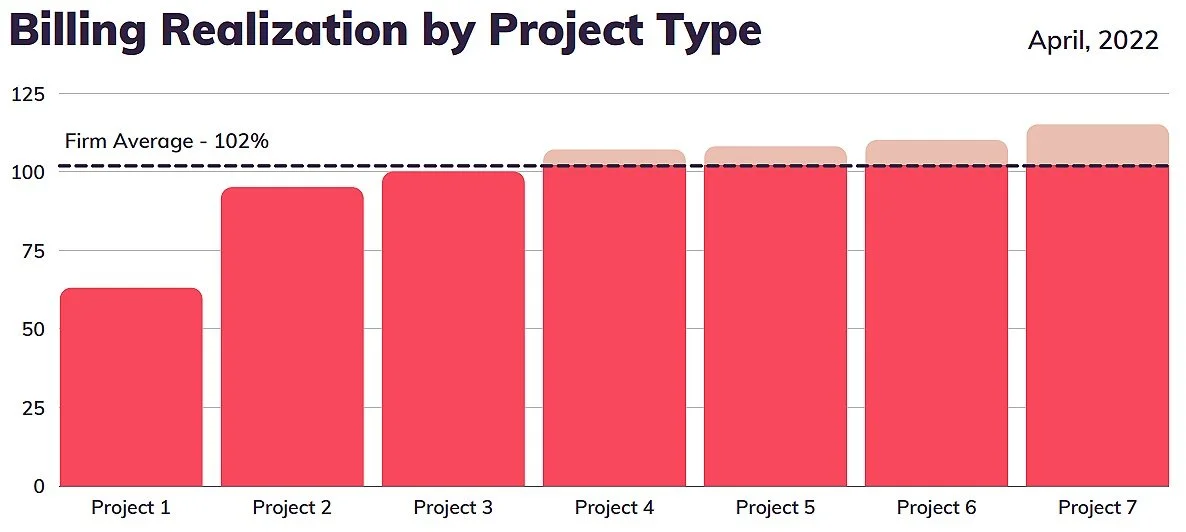Burn the Timesheets?
Welcome to this month's article of Let’s Be Frank, a monthly newsletter series hosted on LinkedIn and authored by our founder Digby. If you are interested in following along pop over to the Let’s Be Frank LinkedIn page here and hit the subscribe button to have these articles sent straight to your inbox.
If you want to move away from hourly billing, should you burn the timesheets?
In the last article, we took a trip to Australia to visit my friend @John Chisholm, and found out what was happening with hourly billing down under. There can be no doubt we both strongly believe that moving away from the hourly model is good for all; however, we are having an on-going discussion about whether you have to eliminate time recording in order to be successful. To be frank (which is a must based on the title of these articles), although on balance I currently lean toward keeping time recording, I might feel differently in a year. With the hope of generating more discussions, for right now, this is my perspective.
When Digby Leigh & Co. moved away from hourly billing in September 2020, we kept recording time just as we had before. My philosophy was that if we kept our timesheets, we could use data analytics to measure how we were doing in making the change away from hourly billing. This has all led to better systems, resource allocation, and project management.
Keeping up the practice of time recording has allowed us to compare the present with the past, as billing realization is a data point for both. Through this apples to apples comparison, it has become clear that we have significantly improved our efficiency by reducing the amount of hours it takes to produce the same dollar of revenue. Now we also know (backed by the data) which types of projects are more “profitable”. This directly influences how we approach business development as we adjust our emphasis.
As an example, the chart below is our firm’s billing realization for the month of April. It shows us how we are doing as a firm and it allows us to look at each project type and analyze efficiency and profitability. By the way our firm has about 60 different types of projects.
We’ve kept time recording as a management tool as it allows us to dissect our business so that we can understand where we are achieving our greatest efficiencies. I can’t imagine running a business without this information.
In order to be mindful of de-emphasizing the importance of time expended on a file, over the past year and half, we have gradually changed how we share data and measure success. Recorded time is now only used as a rough idea of knowing if we are busy. Realization rates speak to efficiency, but it is billings that is the key.
There is no doubt in my mind that I am glad we kept recording time. Having said that, I can see the arguments for moving away from time recording, and I actually think at some point we may transition to a new approach. In the balance of this article, we will explore why we might ultimately burn the timesheets.
Continuing to record time re-enforces the notion that the price for legal services is determined by the amount of time expended. When you change away from something so entrenched as hourly billing, it is a fundamental mind shift. It is very difficult to break free from this cultural lock.
There are a number of reasons which support the idea that timesheets should be eliminated:
Recording time takes time to do, and it adds no value to the project.
Recording time can tend to create an environment where you retain work that could be better handled by others.
The emphasis on time just establishes how busy people are; it doesn’t measure client satisfaction or work quality.
It discourages innovation and collaboration.
There are other important measurements that can be used to evaluate the business, such as velocity of transaction, turnaround time, client satisfaction and number of referrals.
By moving away from hourly billing, we have taken the first steps toward breaking free from the confines of time recording. Our team is able to be more innovative, work more collaboratively, distribute work more efficiently, and focus on client satisfaction. That said, the value of the data we collect through our continued time recording, currently outweighs the draw of burning the timesheet.
Life is dynamic, as is business. We will continue to take steps, to learn, and to recalibrate (and keep repeating). Maybe one day this will lead us to get rid of time recording, but this is a decision that we have yet to make. If you have a perspective (or even a question), please comment.
Until next time,


